Delhi, brace yourselves! The scorching heat just reached a whole new level. On May 29, 2024, the capital city witnessed its hottest day ever recorded, with temperatures soaring to a staggering 52.3 degrees Celsius in Mungeshpur, a suburban area. This surpasses the previous record by a significant margin, making it a truly historic day –
Delhi, brace yourselves! The scorching heat just reached a whole new level. On May 29, 2024, the capital city witnessed its hottest day ever recorded, with temperatures soaring to a staggering 52.3 degrees Celsius in Mungeshpur, a suburban area. This surpasses the previous record by a significant margin, making it a truly historic day – and not in a good way.
The news sent shockwaves through the city. People struggled to cope with the relentless sun, and the demand for electricity skyrocketed as residents desperately sought relief through air conditioners. The India Meteorological Department (IMD) has issued a grim forecast, predicting several more days of scorching heat, with “heat wave to severe heat wave conditions” expected across many parts of North India.
This unprecedented event has brought several concerns to the People of Delhi
Health Risks: Extreme heat poses a severe threat to health, especially for vulnerable populations like the elderly, young children, and those with chronic illnesses. Heatstroke and dehydration become major risks.
Impact on Infrastructure: The relentless heat can put a strain on power grids as electricity consumption surges. Water scarcity may also become a concern as demand for hydration increases.
Economic Disruption: Scorching heat can disrupt agricultural activities and productivity across various sectors.
Here are some things we can expect
Heatwave advisories: The IMD will likely continue issuing heatwave advisories, urging people to stay indoors during peak sun hours and take necessary precautions.
Power cuts: With the surge in electricity demand, power cuts are a possibility. Residents should be prepared for disruptions and consider alternative cooling methods during outages.
Water shortage: Water conservation efforts will be crucial to ensure there’s enough water to meet the city’s needs.
What can you do to stay safe?
- Stay hydrated: Drink plenty of fluids, even if you don’t feel thirsty. Avoid sugary drinks and opt for water, buttermilk, or coconut water.
- Minimize sun exposure: Limit your time outdoors, especially during the hottest part of the day (typically between 11 am and 4 pm).
- Wear loose, light-colored clothing: Cover your head with a hat and wear sunglasses to protect your eyes.
- Stay cool indoors: Keep your home cool by drawing curtains and using fans strategically. If possible, take advantage of air conditioning during peak heat hours.
- Look out for others: Check on elderly neighbors or relatives who may be more vulnerable to the heat.
This record-breaking heatwave serves as a stark reminder of the growing impact of climate change. We need to be prepared for more extreme weather events in the future. By taking precautions and working together, we can stay safe and navigate this scorching summer in Delhi.


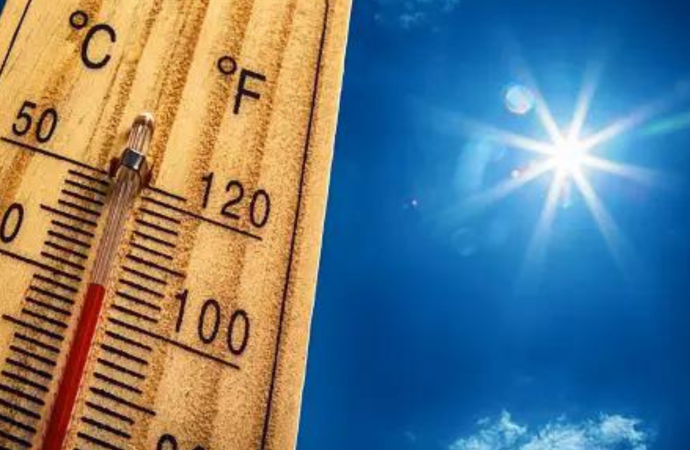



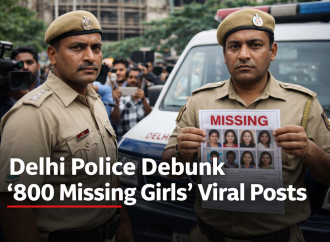
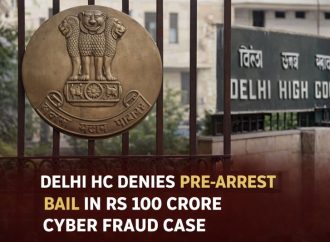
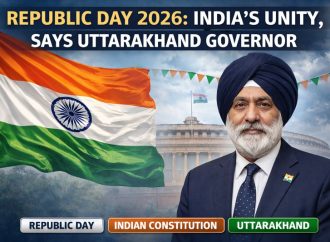





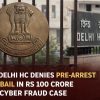




Leave a Comment
Your email address will not be published. Required fields are marked with *